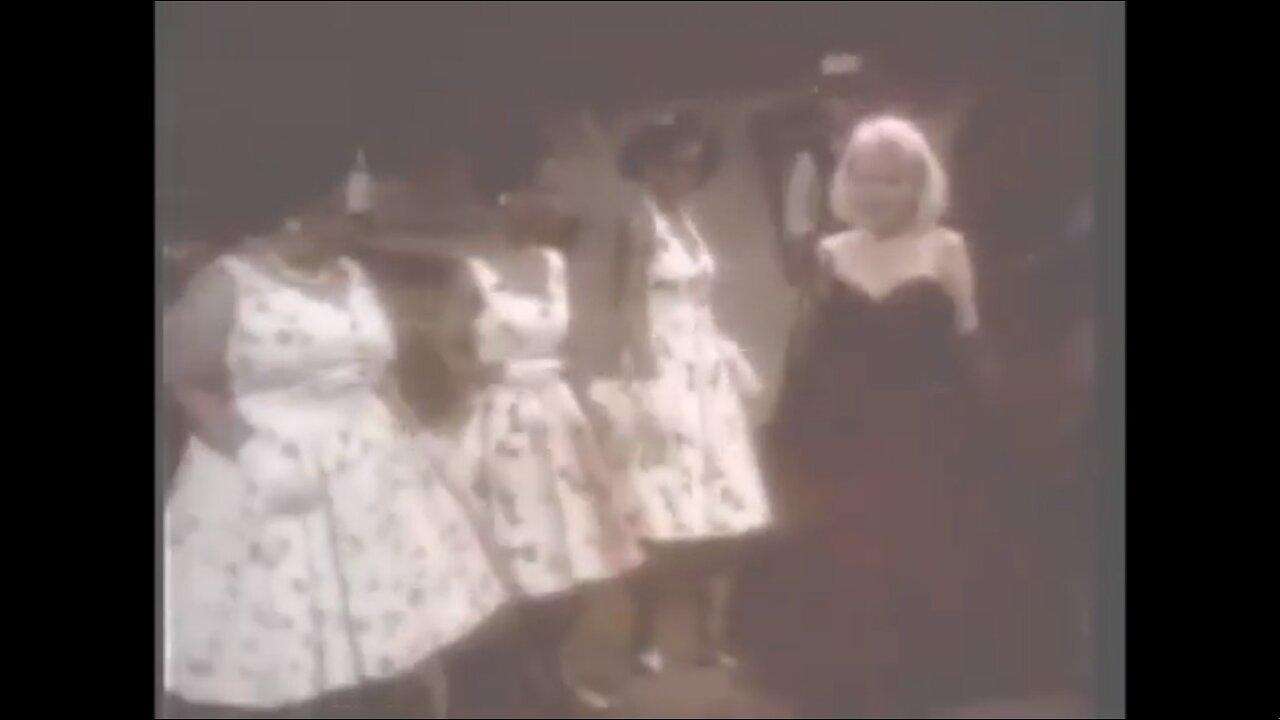
Hellfire" was written by Mickey Vilakazi, who was the band's trombonist and eldest member until his death in June 1988.
The song's lyrics speak of an interracial love that is misunderstood and forbidden.
The music video for "Hellfire" concerns the Group Areas Act, a racial segregation measure enacted by the apartheid government.
The video begins in Alexandra Township in 1989—a time by which the government's "urban renewal plan" for Alexandra had already demolished buildings and displaced or killed many black people.
An elderly black man reads a newspaper article about the backlash against the Group Areas Act; he then spots a clipping about kwela musician Spokes Mashiyane.
A newspaper photo of a street scene transitions into a sepiatone flashback: Outside a Sophiatown nightclub called The Land Lady, the words "No passes" are painted on the wall.
Inside, Mango Groove plays to black and white patrons.
At the end of the video, a caption explains that Sophiatown (a venerable black neighbourhood and cultural hotspot just outside of Johannesburg) was demolished in 1954 to allow for the construction of a white suburb called Triomf (the Afrikaans word for triumph).
These scenes were censored by the SABC, changing the context and meaning of the rest of the video.
In South Africa, "Hellfire" was released as a 7-inch single by Tusk Music in 1989, with the 1988 recording of "Move Up" on the B-side.
